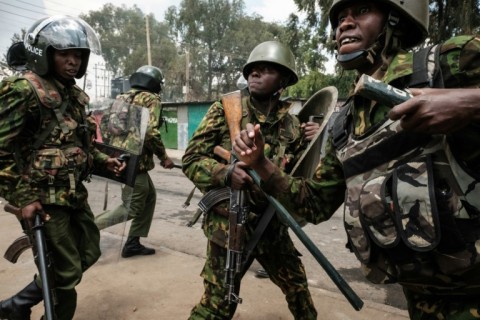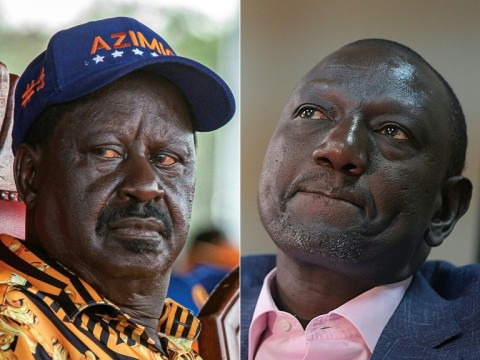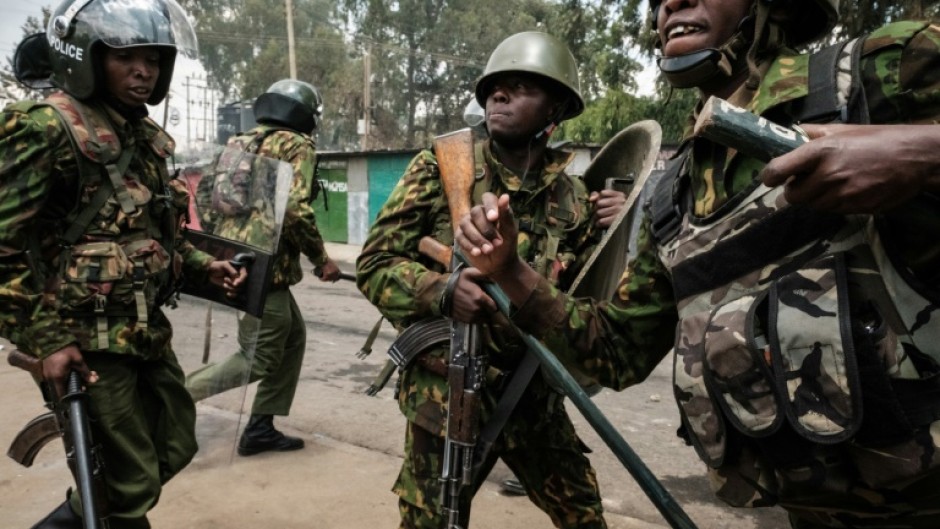
NAIROBI - Kenyans were bracing on Monday for a new round of anti-government demonstrations over the high cost of living, after the opposition vowed the action would go ahead despite a police ban.
Veteran opposition leader Raila Odinga has urged people to take to the streets every Monday and Thursday, even after protests a week ago turned violent and paralysed parts of the capital, Nairobi.
But police on Sunday announced the rallies would be banned.
"We will not allow violent demonstrations," Inspector General of Police Japhet Koome told reporters.
"The demonstrations they plan tomorrow (Monday) are illegal and will not be allowed."
A university student was killed by police fire during the previous Monday's clashes while 31 officers were injured as running battles erupted between riot police and demonstrators in Nairobi and opposition strongholds in western Kenya.
More than 200 people were arrested, including several senior opposition politicians, while protesters -- including Odinga's own convoy -- were hit with tear gas and water cannon.
It was the first major outbreak of political unrest since President William Ruto took office more than six months ago after defeating Odinga in an election his rival claims was "stolen".

Despite the police ban, Odinga on Sunday called on Kenyans to join what he has called "the mother of all demonstrations".
"I want to tell Mr Ruto and the IG Koome that we are not going to be intimidated," he said. "We are not going to fear tear gas and police."
Ruto has called on his rival to halt the action.
"I am telling Raila Odinga that if he has a problem with me, he should face me and stop terrorising the country," he said Thursday.
"Stop paralysing the businesses of mama mboga, matatu and other Kenyans," he said, referring to women stallholders and private minibus operators.
Ruto himself will be out of the country on Monday for a four-day trip to Germany and Belgium during which he will meet national and EU leaders.
Many Kenyans are struggling to put food on the table, battling high prices for basic goods as well as a plunging local currency and a record drought that has left millions hungry.

